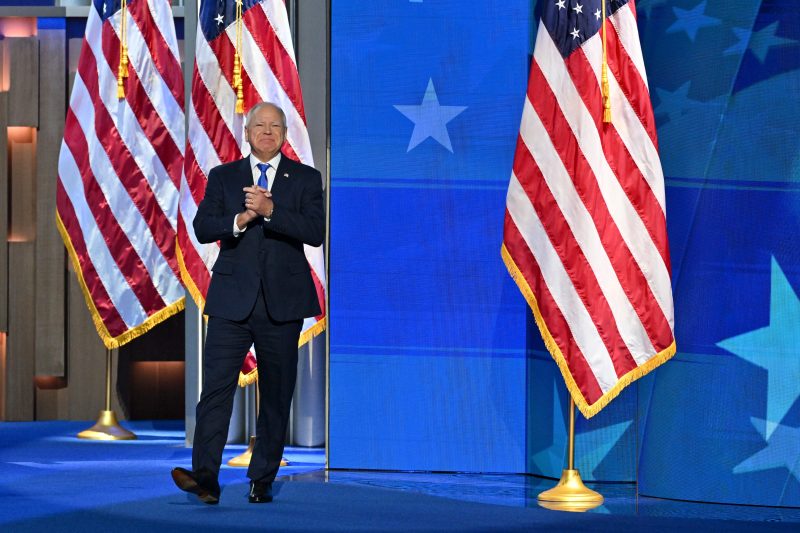As China’s Power Grows, How Candidates Use It as an Attack Line
China’s rise as a global superpower has not gone unnoticed in the realm of politics, with candidates leveraging this trend as a potent attack line against their opponents. In recent years, China’s assertiveness and growing influence across various domains, including economic, military, and technological, have sparked debates and controversies in political campaigns worldwide. The portrayal of China as a competitor, adversary, or threat has become a popular strategy among candidates seeking to rally support or discredit their rivals. This article delves into how political contenders are harnessing China’s power dynamics to further their own agendas and sway public opinion.
One common tactic employed by candidates is to link their opponents with China in a negative light, often insinuating that their policies or actions are beneficial to Beijing at the expense of national interests. By associating their rivals with China, candidates aim to undermine their credibility and portray them as unpatriotic or beholden to foreign influences. Such attacks not only serve to tarnish the image of the opponent but also tap into the prevailing sentiments of nationalism and distrust towards China that resonate with the electorate.
Moreover, candidates frequently use China’s economic rise as a point of contention, highlighting issues such as trade imbalances, intellectual property theft, and unfair competition to criticize their opponents’ positions on economic policies. By framing China as a revisionist power seeking to challenge the existing global order, candidates position themselves as defenders of national economic interests and job security against the perceived threats posed by Chinese economic practices. This narrative often stirs up protectionist sentiments and garners support from voters concerned about the implications of China’s ascent on their livelihoods.
In addition to economic concerns, candidates leverage China’s military buildup and assertive foreign policy to question their opponents’ stances on national security and defense. By emphasizing China’s territorial claims, maritime disputes, and military modernization efforts, candidates draw attention to the strategic challenges posed by Beijing and question the readiness of their rivals to confront these security threats effectively. The portrayal of China as a potential adversary or rival power serves to highlight the importance of a robust defense posture and foreign policy acumen, positioning the attacking candidate as a more competent and informed leader on security matters.
Furthermore, with the rapid advancements in technology and innovation coming out of China, candidates use the specter of Chinese technological prowess as a rallying cry to advocate for greater investments in research and development, cybersecurity measures, and tech competitiveness. By framing China as a technological competitor, candidates underscore the urgency of staying ahead in the global tech race and warn against complacency or dependence on Chinese technology. This approach not only resonates with concerns about data security and privacy but also appeals to voters’ aspirations for maintaining an edge in the digital age.
In conclusion, the growing prominence of China in the global arena has become a centerpiece of political discourse, with candidates leveraging its power dynamics to score political points and shape public opinion. Whether through attacks on trade, security, or technology, the narrative of China as a looming presence serves as a potent weapon in the arsenal of political contenders seeking to sway voters and gain an advantage in fiercely contested campaigns. As China’s influence continues to expand, its role as an attack line in political rhetoric is likely to persist, reflecting the enduring impact of geopolitics on electoral strategies and public perceptions.

